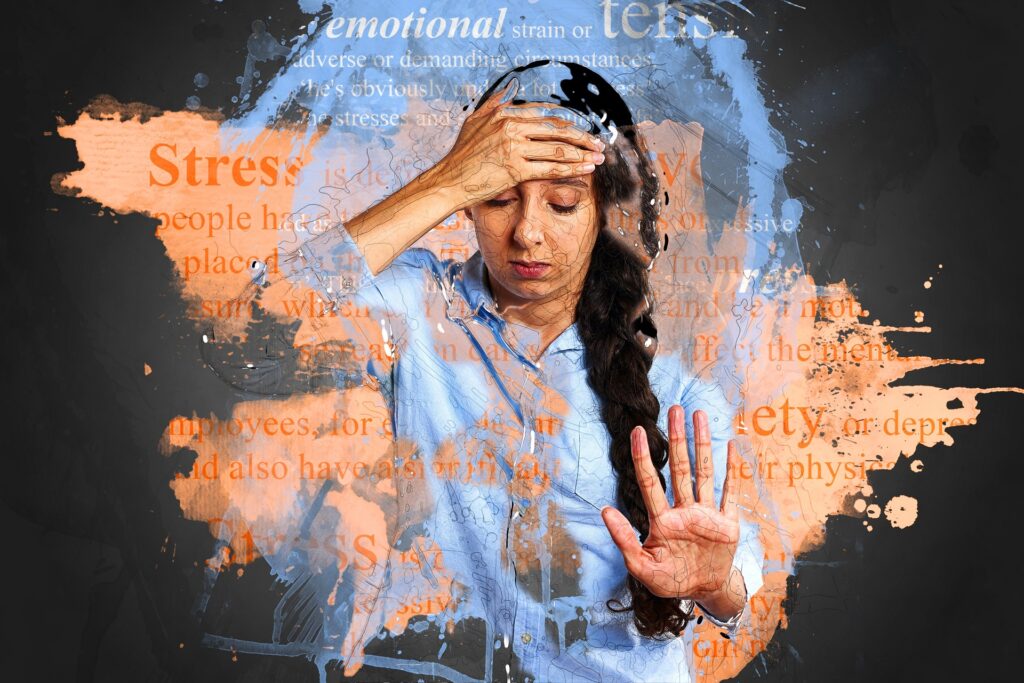The years of the Covid19 pandemic have had an impact on people’s well-being, stress, and mental health but it doesn’t matter whether stress is caused by isolation, worry over an issue, or work problems, it can impact hugely on our lives.
This year’s stress awareness month the theme is to go beyond talking and campaign for taking action and personal responsibility in making a positive change. The aim is to create an opportunity for all of us to consider how we are going to do something to make things better both in and outside of the workplace.
Individual stress
There are many factors at work that can indicate a potential problem. Everybody can have a bad day but signs of stress are when people display negative changes over a period of time on a regular basis.
For an individual in the workplace, there will be changes; these changes can be physical, emotional, behavioural, or a combination of all three. Changes can include:
- Extroverts becoming withdrawn
- Becoming more accident prone
- Becoming short-tempered
- A dramatic change in weight
Workplace stress
Work-related stress, depression, or anxiety is defined as a harmful reaction people have to undue pressures and demands placed on them at work.
The latest estimates from the Labour Force Survey (LFS) are:
- The total number of cases of work-related stress, depression, or anxiety in 2021/22 was 914,000, a rate of 2,750 per 100,000 workers.
- In 2021/22 stress, depression, or anxiety accounted for 51% of all work-related ill health cases and 55% of all working days lost due to work-related ill health.
In the recent years prior to the pandemic, the rate of self-reported work-related stress, depression, or anxiety had shown signs of increasing.
Looking at an organisation as a whole, there are also signs that a workforce is stressed. This can manifest itself as:
- High staff turnover
- Increased absenteeism and sickness levels
- Long-hours work culture
- Employees not taking their full holiday entitlement
- Low productivity and efficiency
In the workplace, the challenge is that everyone experiences stress in different ways which causes the problem that stress is not always easily spotted. From sickness to work relationships, it’s essential to spot the signs of stress as early as possible so that actions can be taken before serious stress-related illnesses occur.
Help is at hand
If your business is having issues with staff stress, contact our Employment Department to see how HR can help restore a work balance.

